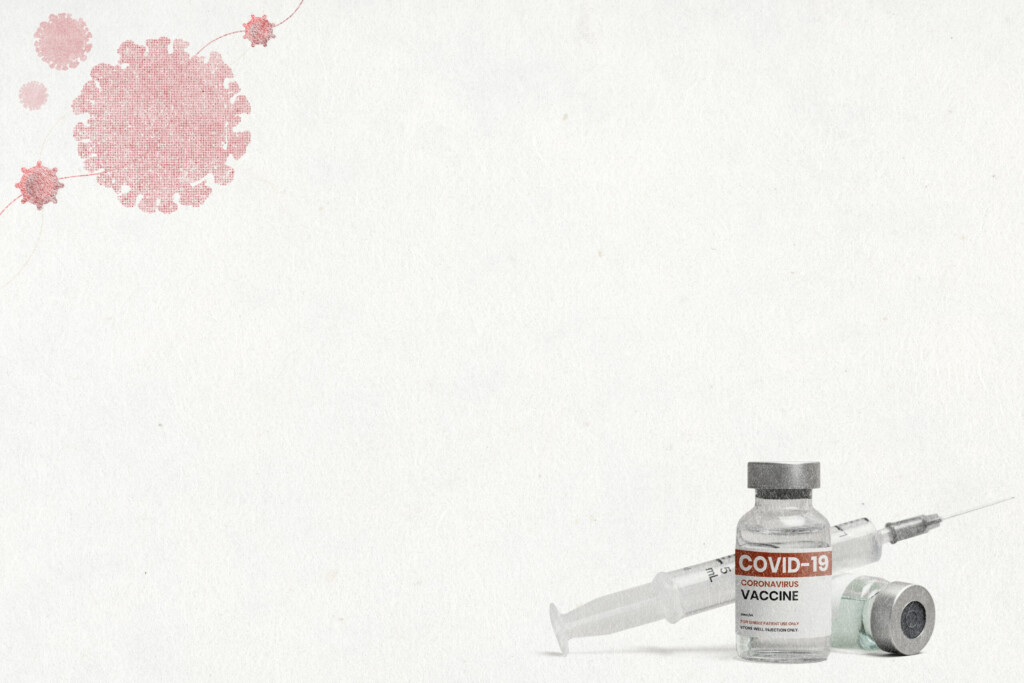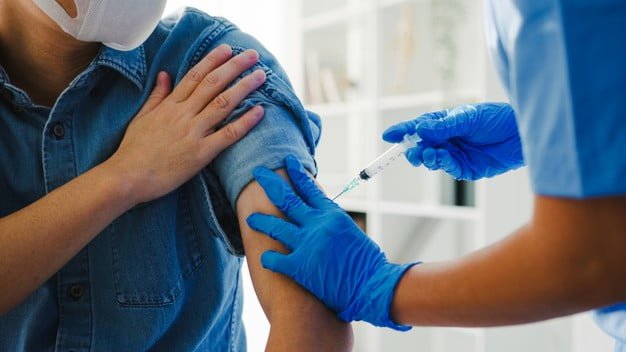Among the 131 patients contemplated, 94% created antibodies to Covid. That means COVID-19 vaccinations are effective. Seven high-hazard patients didn’t. “We could not find any antibodies against the virus in those patients,” said Dimpy P. Shah, MD, Ph.D., of the Mays Cancer Center, home to UT Health San Antonio MD Anderson. “That has implications for the future. Should we provide a third dose of vaccine after cancer therapy has completed in certain high-risk patients? “
Dr. Shah is the related creator of the examination, distributed in the high-sway diary Cancer Cell. Coauthors are from the Mays Cancer Center and the University of Geneva.
With other vaccines and infections, patients with cancer have been shown not to develop as robust an immune response as the general population, “said study senior co-creator Ruben Mesa, MD, FACP, chief overseer of the Mays Cancer Center. “It made sense, therefore, to hypothesize that certain high-risk groups of patients do not have antibody response to the COVID-19 vaccine.”

“Patients with hematological malignancies, such as myeloma and Hodgkin’s lymphoma, were less likely to respond to vaccination than those with solid tumors,” said Pankil K. Shah, MD, Ph.D.,
Among the high-hazard gatherings, patients getting a treatment called Rituximab within a half year of immunization fostered no antibodies. Rituximab is a monoclonal neutralizer utilized in the therapy of hematological tumors and immune system infections.
Patients on chemotherapy that are poisonous to cells created a neutralizer reaction. However, it was quite contrasted with everyone. “How that relates to protection against COVID-19, we don’t know yet,” Dr. Dimpy Shah said.
The Delta variation and different freaks of the COVID-19 infection were not analyzed in the investigation. The group additionally didn’t investigate the reaction of contamination battling T cells and B cells in patients with malignancy.
The middle time of patients in the investigation was 63. The vast majority of the patients (106) had strong tumors instead of hematological malignancies (25). The investigation populace was 80% non-Hispanic white, 18% Hispanic, and 2% Black.
“We recommend that future studies be done in Black, Asian and Hispanic patients, as well, to see if there are any differences in vaccination immune response,” Dr. Plateau said.
In nations where there is an absence of inoculation, there are reactions because that one portion may present sufficient assurance, yet this may not be valid on account of patients with malignancy, Dr. Dimpy Shah said. COVID-19 vaccinations are effective
“We observed a significant difference in response when two doses were given,” Dr. Shah said. “At least for patients with cancer, two doses are very important for robust antibody response.”

Dr. Pankil Shah said the examination is exceptional because, dissimilar to a couple of studies led in the past that assessed insusceptible reaction upon the arrival of the subsequent portion or inside seven days of it, this investigation held up three to about a month to acquire results.
Patients with high-hazard diseases, particularly those getting hostile to CD20 antibodies, should keep on playing it safe even after being immunized, the investigation infers. “They still need to have that awareness that they could potentially be at risk because their body has not responded to vaccination,” Dr. Pankil Shah said.
This exploration about how “COVID-19 vaccinations are effective“ was made conceivable, partially, by a U.S. Public Cancer Institute award to the Mays Cancer Center and an award from the American Cancer Society and the Hope Foundation for Cancer Research.

